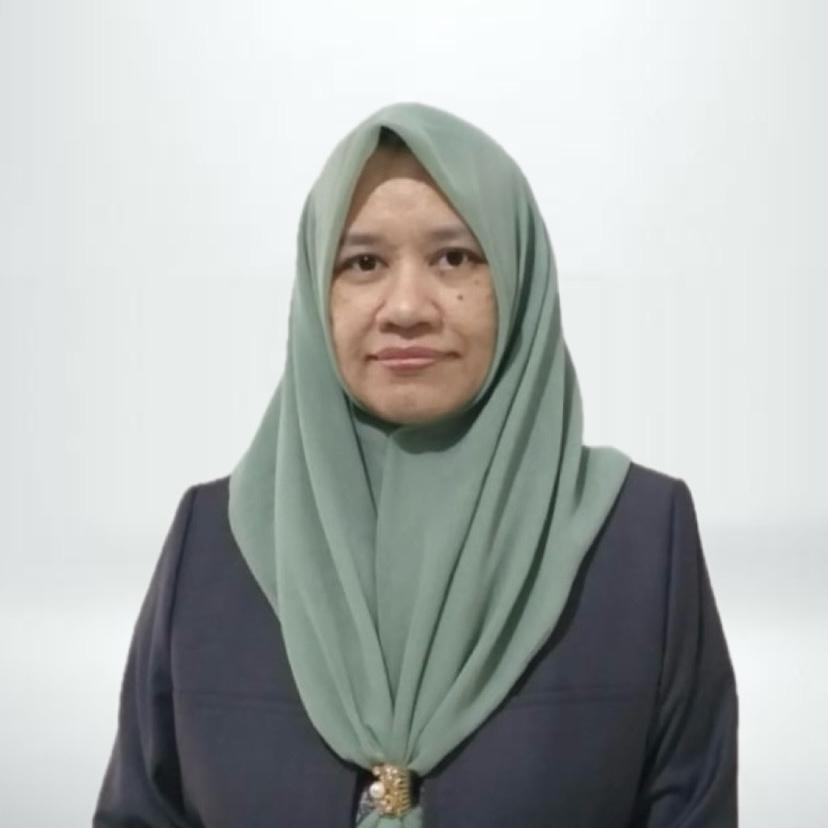THE LEVEL OF ACCOUNTING UNDERSTANDING OF MILLENIAL BUSINESSMAN IN EAST JAVA
Downloads
The purpose of this study is to examine the effect of emotional intelligence which includes self-introduction, self-control, motivation, and empathy as well as learning behavior on the level of accounting understanding. The sample in this study used millennial businessmen in East Java. This research was conducted on 98 (ninety eight) millennial businessmen in 19 (nineteen) cities in East Java using purposive sampling technique. This study uses the statistical method of Partial Least Square (PLS). The results of this study indicate that self-control, empathy and learning behavior affect the level of accounting understanding. The implication of this research is that millennial businessmen should consider every impact of their actions, care for the surrounding environment, and read accounting material to increase knowledge related to accounting.
Darwati, Y. (2015). Keterlambatan Mahasiswa dalam Studi ditinjau dari Teori Atribusi dari Weiner. Jurnal Universum. Vol. 9. No 1. P 57-65.
Djamil, N. et al. (2010) Analisis Tingkat Pemahaman Mahasiswa Akuntansi Terhadap Konsep Dasar Akuntansi. Simposium Nasional Akuntansi XIII Purwokerto. P 1-23.
Ghozali, I. dan Latan, H. (2015). Partial Least Squares Konsep Teknik. dan Aplikasi Menggunakan Program SmartPLS 3.0. Edisi 2. 290 P. Badan Penerbit Universitas Diponegoro. Semarang.
Goleman, D. (2002). Emotional Intelligence (Terjemahan T Hermaya). PT Gramedia Pustaka Utama. Jakarta.
_ _ _ _ _. (2003). Emotional Intelligence (Terjemahan T Hermaya). PT Gramedia Pustaka Utama. Jakarta.
_ _ _ _ _, D. (2006). Emotional Intelligence (Terjemahan T Hermaya). PT Gramedia Pustaka Utama. Jakarta
Hanifa dan Syukriy, A. (2001). Pengaruh Perilaku belajar terhadap Prestasi Akademik Mahasiswa Akuntansi. Media Riset Akuntansi, Auditing, dan Informasi. Vol. 1, No. 3, P 63-86.
Julino, S. Pengaruh Kecerdasan Emosional Terhadap Tingkat Pemahaman Akuntansi Pada Mahasiswa Akuntansi Fakultas Ekonomi Universitas Tanjungpura.
Narsa, N. M. D. N. H., Narsa, I. M., & Narsa, N. P. D. R. H. (2019). The Spirit of Entrepreneurship in Business Students, Non-Business Students, and Small and Medium Entrepreneur. Jurnal Manajemen dan Kewirausahaan (Journal of Management and Entrepreneurship), 21 (2): 104-113
Nugraha, A.P. (2013). Pengaruh Kecerdasan Emosional Dan Perilaku Belajar Terhadap Tingkat Pemahaman Akuntansi (Studi Empiris Pada Mahasiswa Akuntansi Universitas Jember). Skripsi. Fakultas Ekonomi Universitas Jember. Jember.
Purwandi, L. dan Ali, H. (2016). Indonesia 2020: The Urban Middle Class Millenials. https://www.researchgate.net/publication/314448735. (Diakses Pada 17 Oktober 2018)
Rahayu, et al. (2008). Pengaruh Kecerdasan Emosional Terhadap Tingkat Pemahaman Akuntansi. Jurnal J B M E. Vol. 09. No. 04. P 1668-1679
Suprantiningrum. (2013). Pengaruh Dimensi Kecerdesan Emosional Mahasiswa akuntansi Terhadap Tingkat Pemahaman Akuntansi. Media Ekonomi Dan Manajemen. Vol. 27. No. 1. P 26-47.
Suprianto, E. dan Harryoga, S. (2015). Faktor-Faktor Penentu Tingkat Pemahaman Akuntansi. Fakultas Ekonomi Universitas Islam Sultan Agung. Jurnal Ekonomi dan Bisnis. Volume XVIII. No. 3. P 75-90.
Wiyono, W.M. (2012). Pengaruh Kecerdasan Emosional Terhadap Tingkat Pemahaman Akuntansi. Jurnal WIGA. Vo. 2. No. 2. P 72-89
Authors who publish with Berkala Akuntansi dan Keuangan Indonesia agree to the following terms:
The journal allows the author to hold the copyright of the article without restrictions.
The journal allows the author(s) to retain publishing rights without restrictions
The legal formal aspect of journal publication accessibility refers to Creative Commons Attribution (CC BY NC SA)

BAKI (Berkala Akuntansi dan Keuangan Indonesia) is licensed under a Creative Commons Attribution-NonCommercial-ShareAlike 4.0 International License.


















